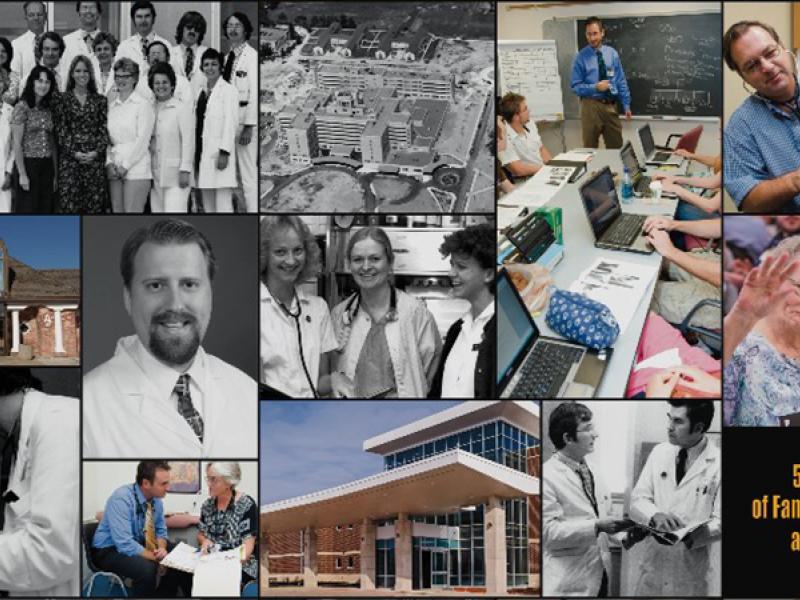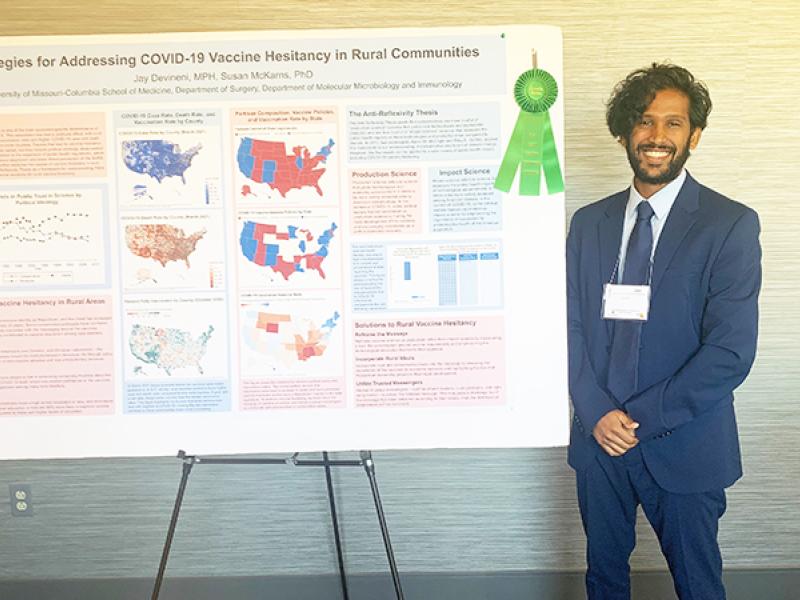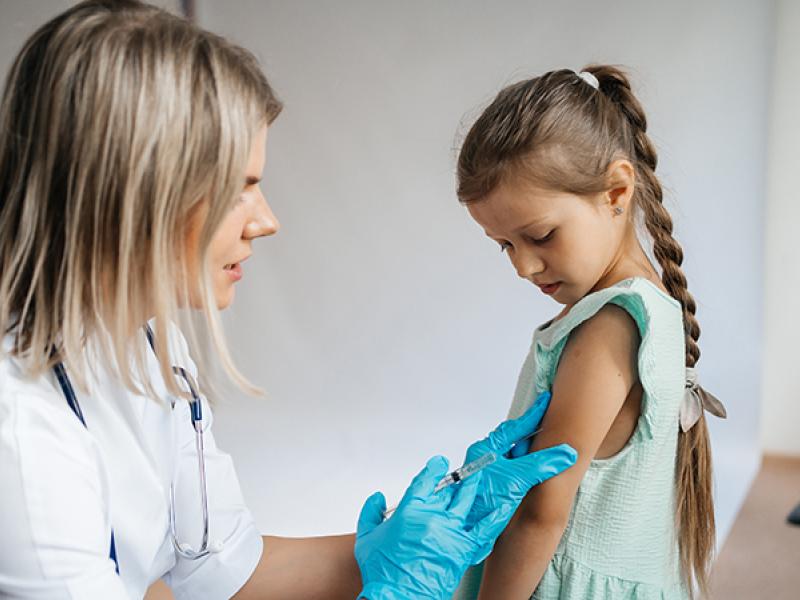MU Family and Community Medicine invites you to learn more about our program and history.
Learn More About
Our Mission
To advance health and primary care through leadership in patient care, education, scholarship and service, with a commitment to rural and underserved populations.
Our Vision
To be inspirational leaders in Family and Community Medicine for Missouri and the nation.
Our Values
Lead the way: Innovation – Excellence – Integrity – Growth
Bring people together: Collaboration – Respect – Patient-Centered - Community-Centered
Be our best selves: Compassion – Humor – Joy – Learning





